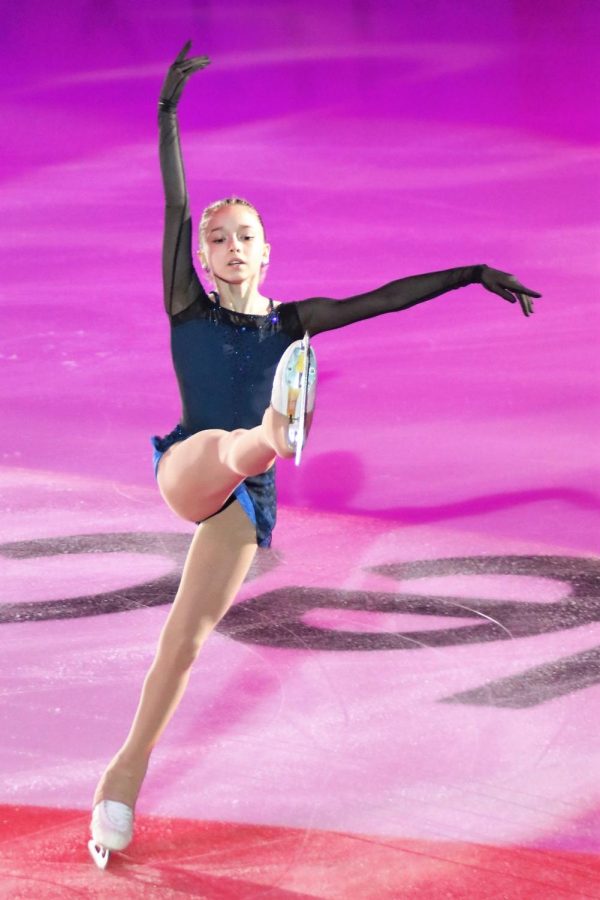Russian Doping Scandal Escalates
One of the world’s most accomplished figure skaters, Russian fifteen year-old Kamila Valieva was recently involved in a doping scandal that potentially cost Russia an Olympic gold medal. The International Olympic Committee’s handling of the situation fostered public outcry and even more controversy around the Russian Olympic name.
Kamila Valieva is a prodigious figure-skater with nine world records to her name; she is also the 2022 European Champion, 2022 Russian National Champion, and 2021 Russian National silver medalist. Valieva’s credibility soon took a hit, however, after she tested positive for trimetazidine, a drug banned in sports for enhancing endurance. The International Olympic Committee (IOC) released the results the day she competed and plans to withhold the medals until her case is resolved.
“I feel so uncomfortable as a skater and as a skating fan,” NBC sports analyst Johnny Weir commented. Tara Lipinski, his co-host, added, “It’s the Olympic movement. It makes you question everything.”
A large reason Valieva’s pending suspension has been a target of criticism is because of the possible bias shown in the IOC’s handling of previous doping scandals. In the 2021 summer Olympics, track star Sha’carri Richardson tested positive for marijuana usage after the passing of her mother, and was suspended by the US Anti-Doping Agency from competing for a month. This brings up discussion about racial bias in the Olympics, an issue that has been associated with the games for years.
“Can we get a solid answer on the difference of her situation and mines?” Richardson tweeted. “My mother died and I can’t run and was also favored to place top 3. The only difference I see is I’m a black young lady.”
Valieva’s positive result wasn’t a surprise to many. In the 2014 Sochi Olympics, Russia was banned from competing because of a state-sponsored doping scheme. The country had athletes use false names to evade drug testing, submitted faked samples, and, allegedly, used members of Russia’s Secret Service to impersonate lab engineers and intimidate workers into covering up positive results. The only way the country could reenter the games was by adopting the name Russian Olympic Committee.
“The Russian side, too — by that I mean our sports community — still has significant problems with doping,” Russian Prime Minister Dmitri Medvedev said. “This is undeniable.”
Critics are not putting the sole blame on Valieva and Russia, but also on the Olympics and figure skating officials. The delay in tests and information released to the public sparked outrage, with many feeling that the situation was not handled with enough urgency.
“All the while, there were no answers to questions about… how an athlete from a nation still under sanctions for orchestrating the most-elaborate doping scandal in history… did not receive the scrutiny promised by Olympic officials and the world’s antidoping watchdogs,” New York Times writer Tariq Panja wrote.
Ever since the rather unconventional conclusion of the games, Valieva’s young age has been the basis for international debate. The public finds themselves questioning if the blame should be put on a naive teenage figure skater, or if there is a bigger, more systemic issue at hand.
“The decision to cancel the medal ceremony… [is] taking away yet another piece of the Olympic experience from the skaters seems especially cruel,” ABC News writer Dvora Meyers reports. “It’s never the institution that suffers. It’s always the athlete.”

Addy Cowley is a senior and the "Bulldog Tribune"’s EIC, the president for Cards4Cause, and the secretary of Key Club. She grew up in four countries,...


